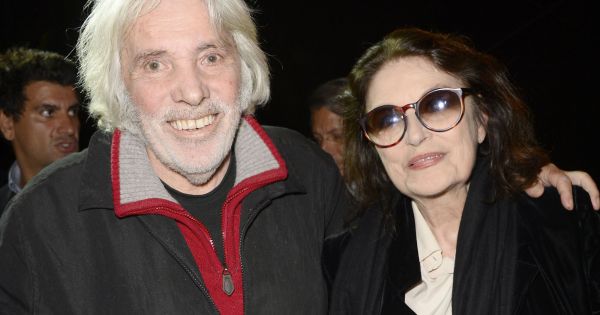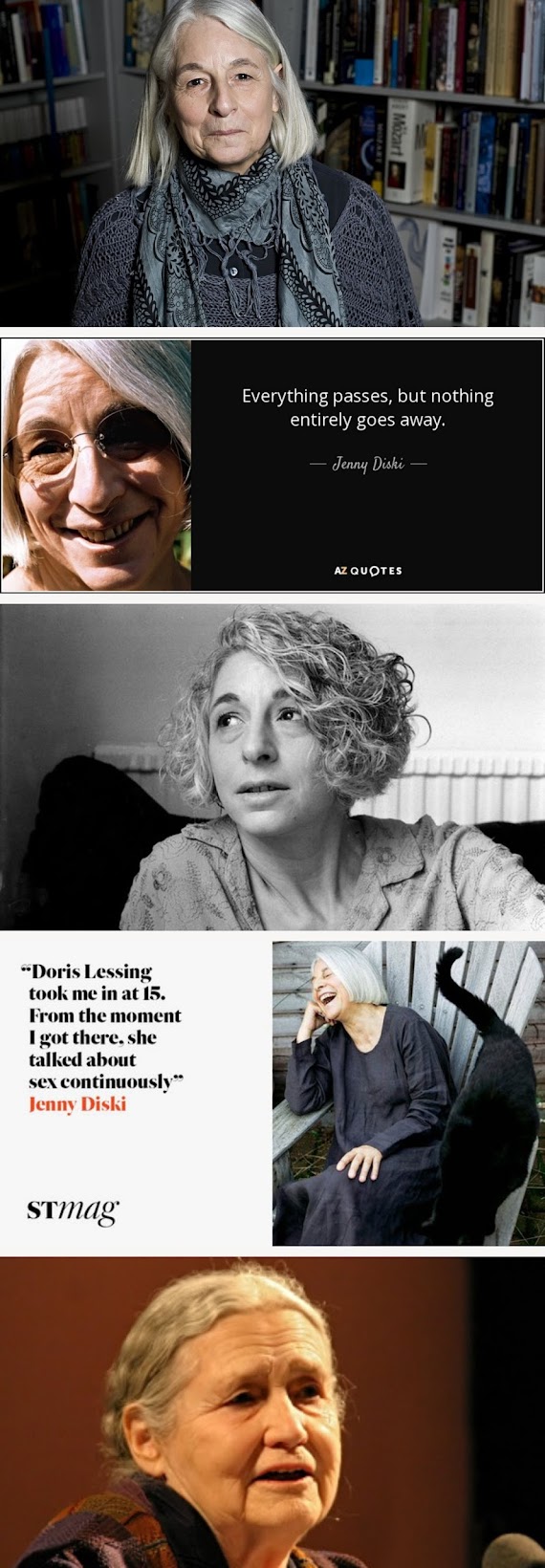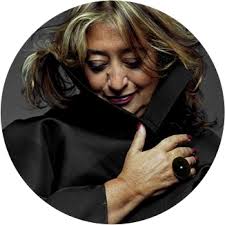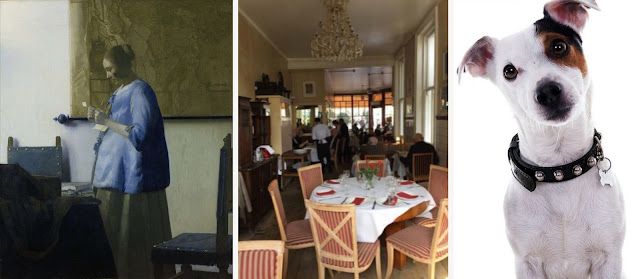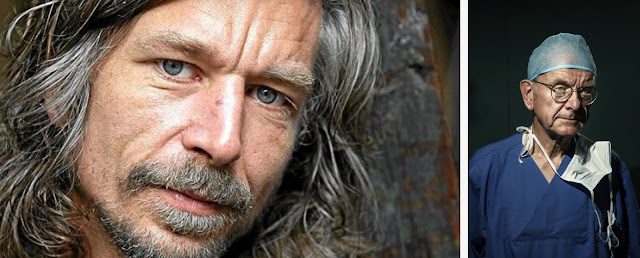Adrian Anthony "A. A." Gill (28 June 1954 – 10 December 2016) was a British writer and critic.
Tom Craig Remembers AA Gill In Pictures | British Vogue
AA Gill: Being There.
I should be there, down there with you.
I should be writing this on my annual sojourn to Australia, down to file your Christmas copy, sitting on a veranda smelling eucalyptus, listening to parrots and feeling that light, cocky, amused, insouciant naughtiness which is Australia's natural aftershave. By rights I should be checking my wardrobe, thinking about getting a lift to Vanya Cullen's winery for a singular long alfresco lunch among the grapes and the bees.
Or perhaps it's early and I can go to the beach caff, which always has an enormous number of brown legs in it, and then walk the dunes with Jock Zonfrillo. He'll tug at succulent twigs, mentioning that they are a bit like Vegemite with a hint of urine, and were used by Indigenous people to soothe swollen knees and to encourage the annual spawning of dabs. Jock owes me a boomerang.
Or maybe I've stopped in Sydney, and I'm going to meet Anthea and Pat for lunch in a new but not trendy place that's really interesting because of the quality of its sumac, or the phenomenal thing that it does with injera.
But I'm not there because I'm here, in Cawdor, on the coast of Scotland on the edge of the peaty brown Findhorn River. The heather is taupe-coloured, the rowan are red, like blood-splatters against leaves of tannin-yellow. It all smells of corruption here, tilth and fungus. It's not a bad place. It's a place I love as dearly as I can love the blood-bitter peat, the mushrooms and mud and the bath-salts of wet dog.
I'm here because I can't be there because I can barely be anywhere. I have late in life unexpectedly become a destination. This is a conversation I might've had sitting down with Pat and Anthea in the smart but not hipster place that has the killer ramen: I have cancer.
There are other ways of putting this. You can cough gently and say, "My health isn't what it was. I've got a touch of the euphemisms." But let's be clear: it's cancer, not coyness. And quite a lot of cancer. Not a misshapen canapé. Not a dusting or a dash, not a rumour. I'm a patchwork quilt, a smorgasbord, a litany of malformed cells. A destination for the halt, the gimpy, the wall-eyed malcontents of cell life.
It happens. It happens to half of us. And it happened to me. So I'm here, not there.
One of the consequences of the cancer is cancer treatment, which is far more shouty and intrusive, awkward, rude and bombastic than the stuff itself. Chemotherapy bellows like a sergeant-major, and it's no good whining that you're not feeling so good - could he keep his voice down? It howls. Chemotherapy likes to unleash hell, loves the smell of carcinogens in the morning.
So I can't travel. I'm banned and barred, forbidden from all mass-transit - buses, planes, trains, boats. So I can't see you. I've spent the last decade writing to you once a month about the places I have been and the stuff I have seen and the prophetic business of going; as for most Australians, travel has always been a practice - something that we do, that I did. Now it's not.
Now travel is passive. I wait. I am the sought-out object of scrutiny. I am the daytrip, the destination. And I'm not entirely sure where that leaves a travel writer. Could I sit on a bench and wait for a story, a garrulous journeyer who will tell me a tale? Should I be the Diogenes of trippers, the view from the bottom of the barrel?
That is not so far from the truth, actually. I recline for hours, Sergeant Chemo yelling imperatives into my veins, and the world slips back to see me. Places, people, smells, life becomes vivid, and I realise I can make quite detailed and complicated journeys in my head back to places I haven't considered for years.
I just walked down the main street of Ammassalik, a small fishing town on the east coast of Greenland. I haven't been there for over a decade. There's a dog on a chain eating a seal head; the pale locals grin. My head is full of Pokemons and the vivid reality of everywhere I've been.
It's a surprisingly moving and proud realisation that just when I could do with it most, the world has decided that now is a good time to return the visit. I always said, "If you're ever in the neighbourhood, pop round. Don't be strangers," and here it is. Still, I'm not sure where that leaves the travel writer.
I know what Pat and Anthea would've wanted for this issue. Christmas around the world, something warm, sensual, spicy.
There has been one particular dish in my Christmas, one thing we always have. I have to make it. It isn't cultural or regional; it's personal. It's for my daughter. Flora insists on it. For her it is the seal on the year, the promise of the next.
I boil a ham, and with the stock I make potato soup with earthy, farinaceous potatoes, some bland onions, a little sweet carrot, bay, thyme, nutmeg. And then I take three French goose livers and sauté them in redcurrants and port, and press them into a terrine that sits in a ceramic sarcophagus for two days. On Boxing Day the soup is warmed, the foie is carefully sliced, and great unctuous, generous marbled slabs are leeched into the soup, like calving meatbergs.
The warmth and the honest fundamentals of the potato and the ham lap around the cold, recherché and smoothly élitist liver, which softens and becomes garrulous. It is the mouthful of the propitiousness of the year, and hope for the new. And it's a bit like visiting Australia.
I've been thinking a great deal about food and dishes and the movement of appetite and hunger. And that food in its particular and emotional value is primarily there for the transmission of memory and remembrance, the déjà vu of our mouths. Only food does this. All appetite is a remembrance. I might write about that.
AA Gill's final column says NHS could not give him new cancer treatment | Media | The Guardian

